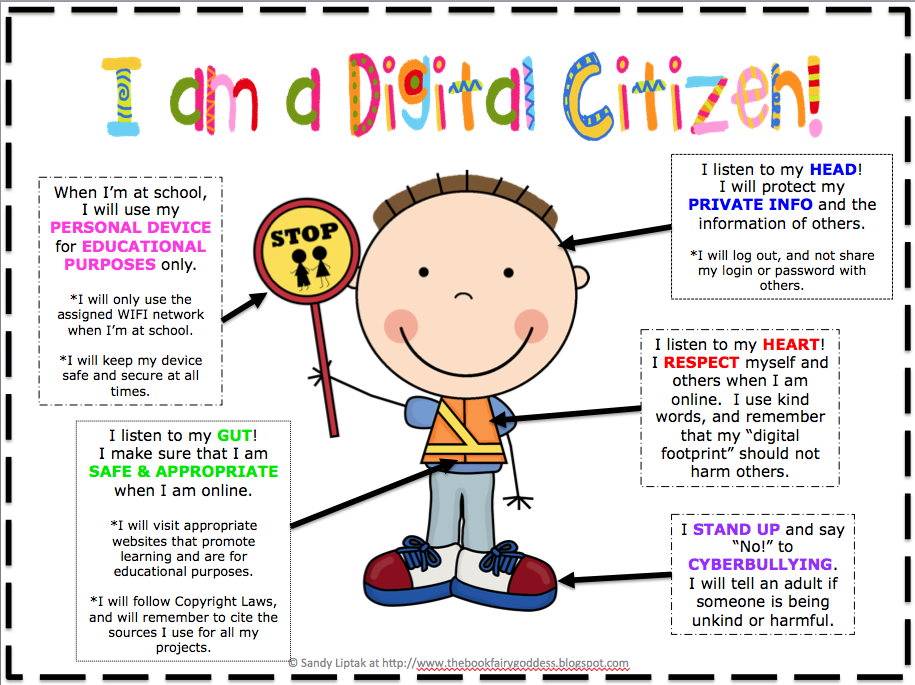When the youngest in our family was growing up, the Internet had just started up here in the country. I do remember having to listen to the whistling handshake of older modems as connection was established. However, what did that mean to our youngest sister? Surprisingly, when she was around twelve, we let her have access to the Internet, and I am glad to say that she is more or less well-adjusted, if not savvy about online concerns.
However, it’s important to note that before she went online, she was immersed in a family that encouraged reading (she still has her library, as do I), and that we were also very much involved in making sure that if she did watch movies, we would be there with her (for the most part). Thus, she has developed a healthy appetite for good movies… and outstandingly whacky B-movies as well.
The key, in retrospect, with how my sister was prepared for the Internet was that we had already been preparing her somehow through the way we introduced literature to her, and that also, thanks to how history turned out… there was no chance for her to be exposed to the Internet at a younger age.
Living in the Online World
That sort of preparation, sadly, isn’t possible anymore, because the moment our future generations are born, they are Instagrammed. Heck, I’ve seen my friends post photos of ultrasounds on Facebook. The idea of slowly introducing a child to the idea of using a mobile device, social media, and the whole concept of being online is rapidly becoming an exercise in futility.
Mobile phones
Yes, let’s say it clearly: most, if not all mobile telecoms do have options for parents to use when it comes to giving their kids mobile phones and keeping them safe. In general, this would be to give them limited-use mobile phones, where they can only receive calls from and call to people on an authorized list.
While that sounds safe, do remember that all phones are hackable, if you know which store to go to. Unlocking features can be done, and cheaply, for the most part.
The issue becomes even more complicated if you will give them an Android-OS phone or touchscreen mobile phone. Messing around with software is something kids can do much better than adults can.
In general, you should only give a mobile phone to your children if you think they are already responsible enough to have one. And if you won’t give them one, don’t think they won’t have access – phones are cheap now, and a simcard / phone set can be as low as 900 pesos – well within range of student savings, and can be hidden from parents. It’s better that you give them the phone, in that case.
Social Media
Now, all parents have probably read or heard about the various social media horror stories, mostly centering around how children are victimized by abusers, kidnappers, and molesters who pose as other children. Make no mistake, this is a possible scenario for every child, and this is the reason why there is a valid sense of dread for parents when they learn their kids are active in social media.
However, social media, like all online tools, is by nature neutral – it’s on how it is used that the problems start.
Reasonable solutions
One of the big issues when it comes to regulating cellphone and social media use is that what parents would define as reasonable would most definitely be unacceptable to kids and teenagers. Here are some pointers on how to manage the situation:
Be prepared to negotiate
When setting up your rules and requirements, do make sure you have logical arguments ready. Gone are the days of children following their parents without question – because if they do, you should be suspicious. For example, if you say that you won’t give them cellphones until their eighteenth birthday, then you should be honest enough to say that you are afraid that they will be kidnapped or abused. From there, you can start negotiating with them to an acceptable win-win – for example, they can only take their phones with them if they are going out with friends or on field trips. In addition, that they absolutely cannot drop a call on you. And yes, there is absolutely nothing wrong with making them work for the cellphone or mobile device they want, be it through good grades, helping around the house, or just making sure they come home on time and always ask permission truthfully when they are going out somewhere.
In the case of social media, asking for their password is an instant brick wall, so you should tell them that at the very least, you should be friended, with a limited profile access. And the younger they are, the more access you should be given.
There is nothing wrong with setting some lines that you won’t erase in the name of protecting your kids, but you should also remember that it’s the approach to the situation and conversation that will determine if they will understand and do their best to follow you, or if they only look like they are following your rules.
Also: don’t be afraid to set punishment guidelines. After all, they should still learn that breaking the rules will entail consequences.
The mobile conundrum
With iPhone, iPad, and Android mobile devices now becoming the norm, the idea of always being online and always having your system on changes the way that parents should deal with online and telecommunication rights, simply because everything they worry about with their kids is literally in hand.
One ethically questionable but effective way to control or at least monitor mobile device usage is to install monitoring applications – but this approach is a blatant issue when it comes to privacy. Another way is to use parental lock applications and limit all the uses for the mobile device. Unfortunately, this approach will, more often than not, encourage children to find ways to either unlock the functions… or get a new, “personal” mobile device.
Keeping the lines open
As scary as it may sound for parents, the one useful and proven way to protect your kids when it comes to cellphones, social media, and mobile devices is to simply set the rules, and keep your communication lines open. No amount of strict policing will cut it these days. What is important is that they understand that the rules you set are there to help them, not to hinder what they think is theirs by right.
Photo: “Instagram and Other Social Media Apps” by Jason Howie, c/o Flickr.com
Written by Richard Leo Ramos , as originally posted at the Philippine Online Chronicles



